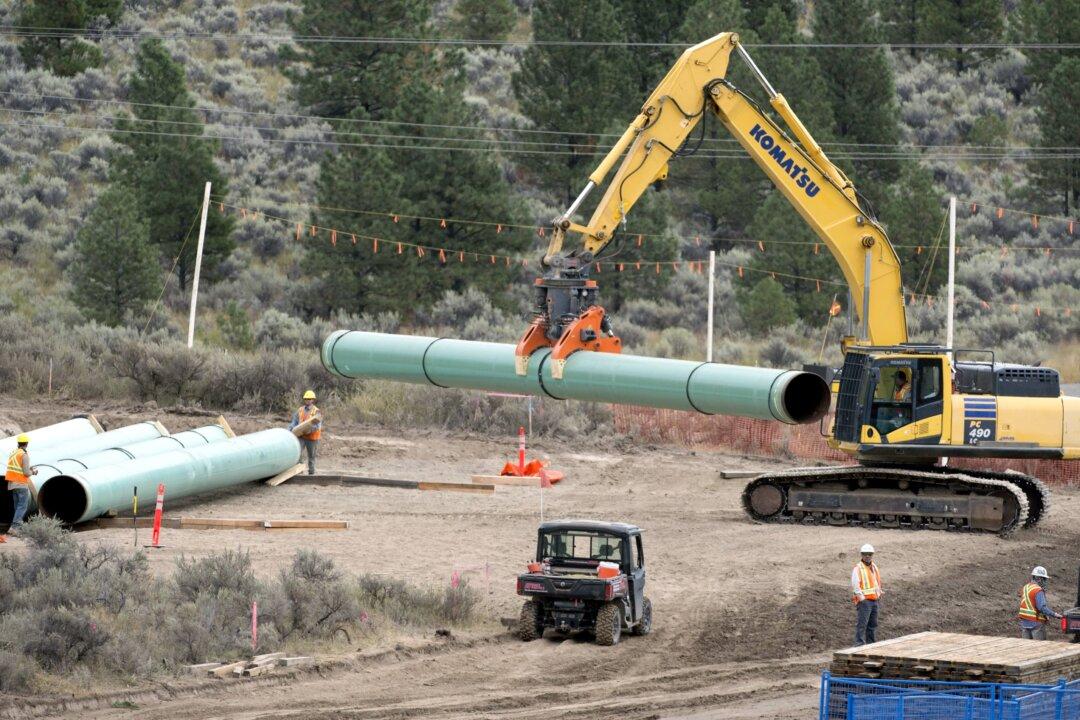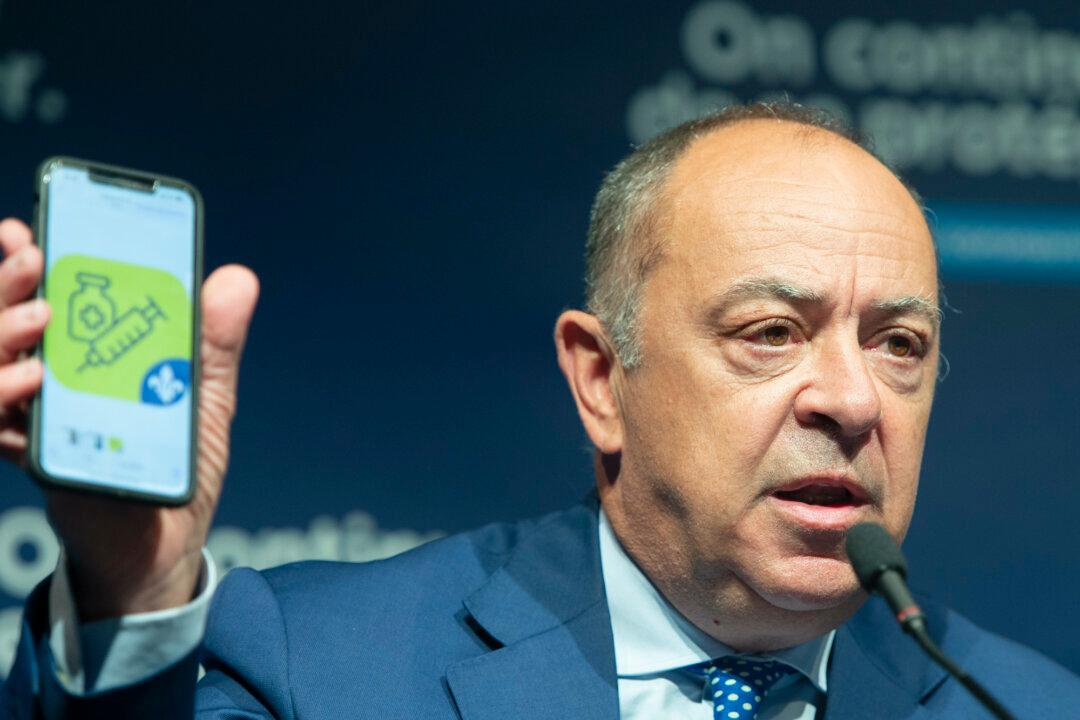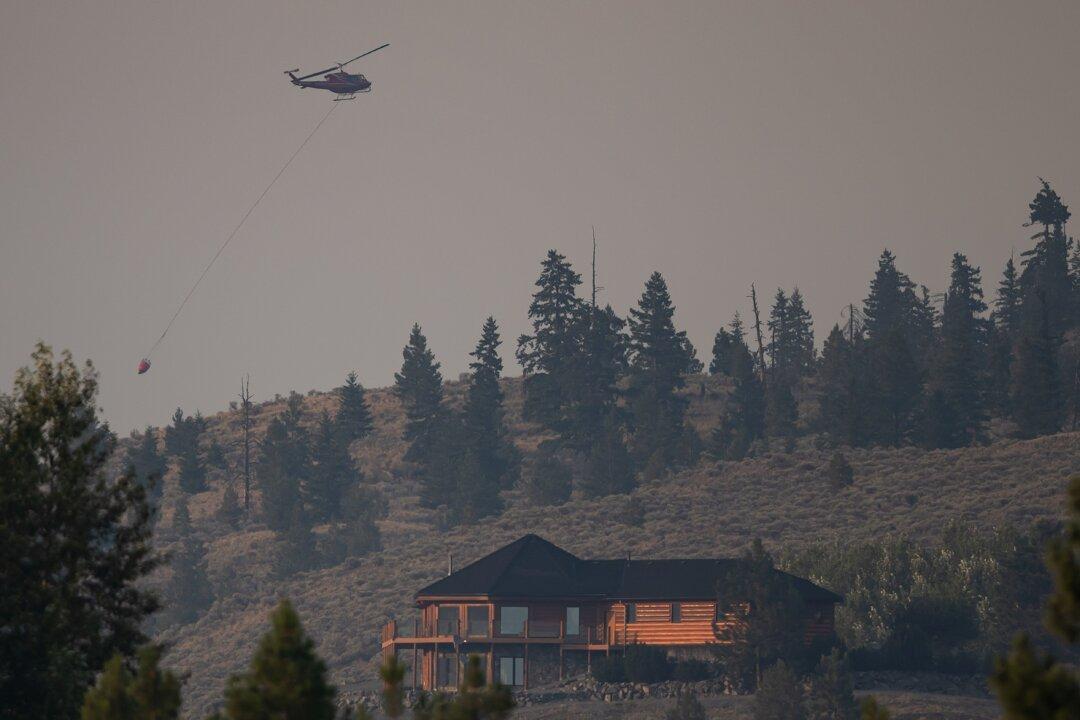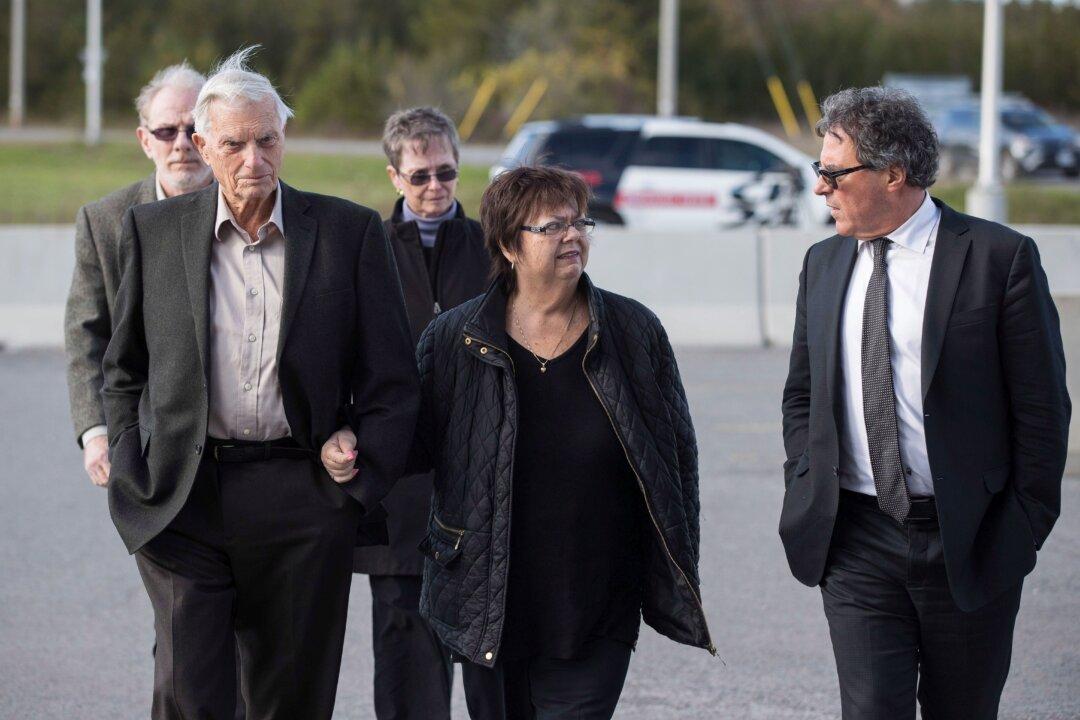Although Keystone XL has been cancelled, all Canadians remain owner of the Trans Mountain pipeline and its expansion project, which the federal government acquired in 2018 for $4.4 billion.
But Ottawa’s plan was always to eventually divest of the Trans Mountain pipeline system, and that’s where oil and gas executive Joe Dion hopes his group can play a part.





